Research Labs
Advanced Technology for Research and Rehabilitation
IU Locomotor Recovery Center at RHI
The center uses an array of experimental techniques and training paradigms to better understand how the inherent plasticity of the central nervous system can be harnessed to improve recovery from neurologic injury. It is believed a myriad of factors contributes to a patient’s recovery. Current work investigates many of these potential variables, from molecular markers of neural plasticity to spinal cord circuitry to the impact impaired walking ability has on an individual’s ability to participate in his or her community.
The work is integrative. Focus is placed not only on new discoveries but also on the translation of these findings into rehabilitative protocols that can be implemented in the clinic. Past work has investigated the mechanisms underlying behavioral changes due to the use of robotics, body-weight-supported treadmill training, and pharmacologic agents, as well as their clinical efficacy. In order to facilitate this type of translational approach, members of the lab come from a variety of educational backgrounds, including physiology, neuroscience, physical therapy, and engineering.
Current research activities in the center include looking at the effectiveness of walking strategies on short and long-term outcomes during inpatient rehabilitation for individuals who have experienced a stroke; evaluating differing walking training interventions on the recovery of strength, mobility, walking and other measures of health in those individuals who have had a stroke; and investigating how the sympathetic nervous system may be linked to motor activities in individuals with incomplete spinal cord injury.
The Locomotor Recovery Center is directed by George Hornby, Ph.D., was funded by IU Physical Medicine and Rehabilitation and is housed within the RHI therapy gym.
 Dr. George Hornby helps a patient as they conduct research for better understandings in rehabilitation
Dr. George Hornby helps a patient as they conduct research for better understandings in rehabilitation